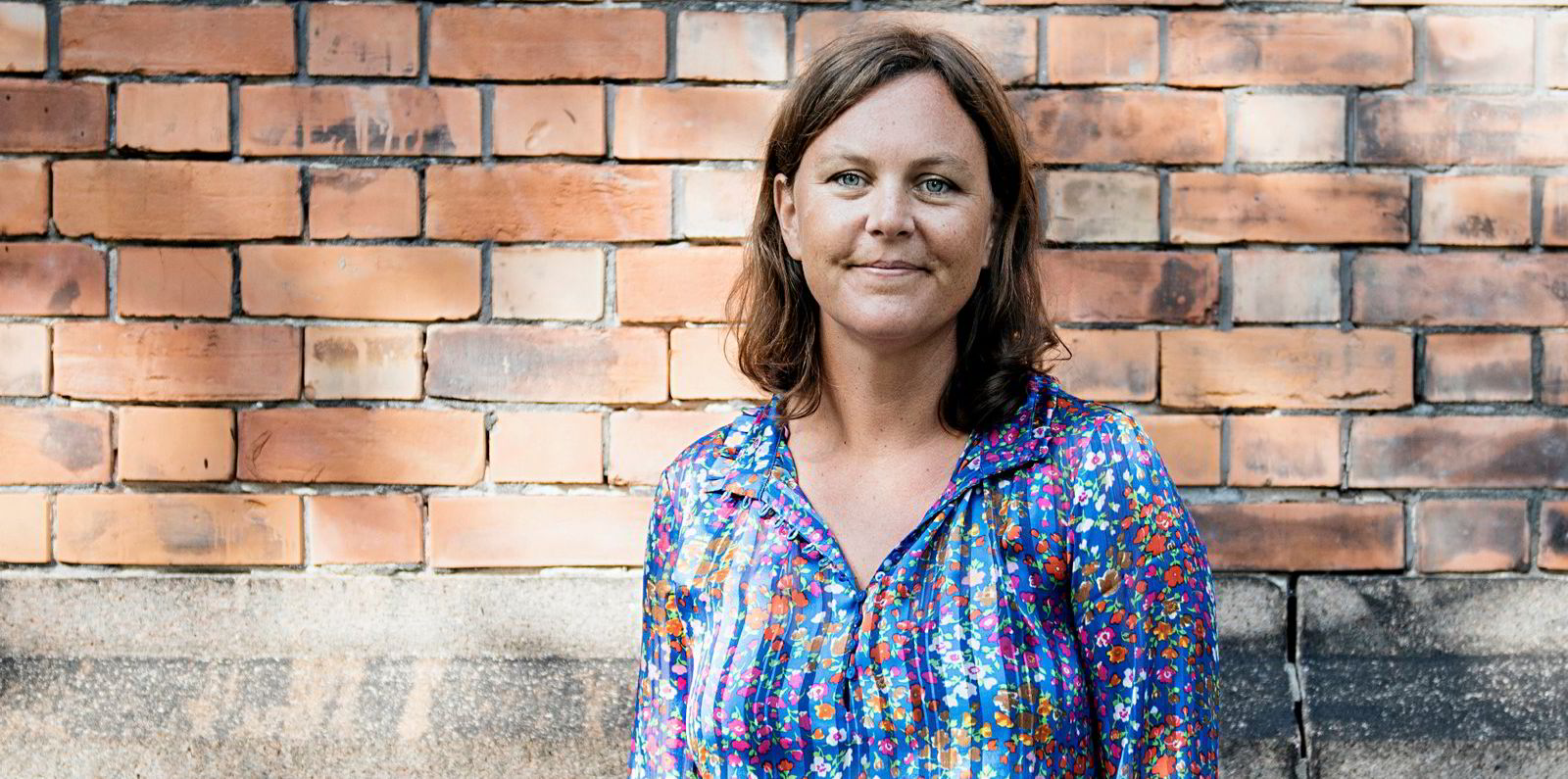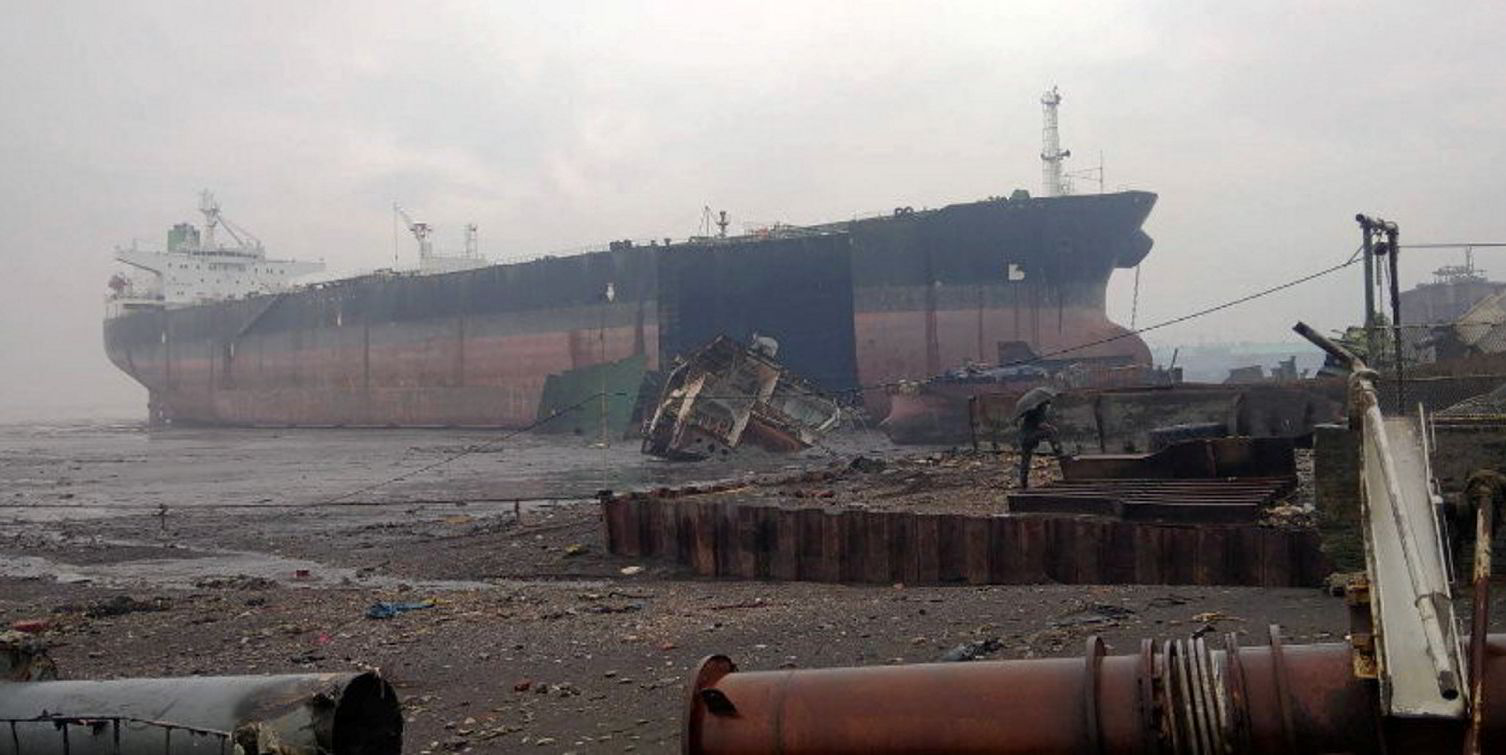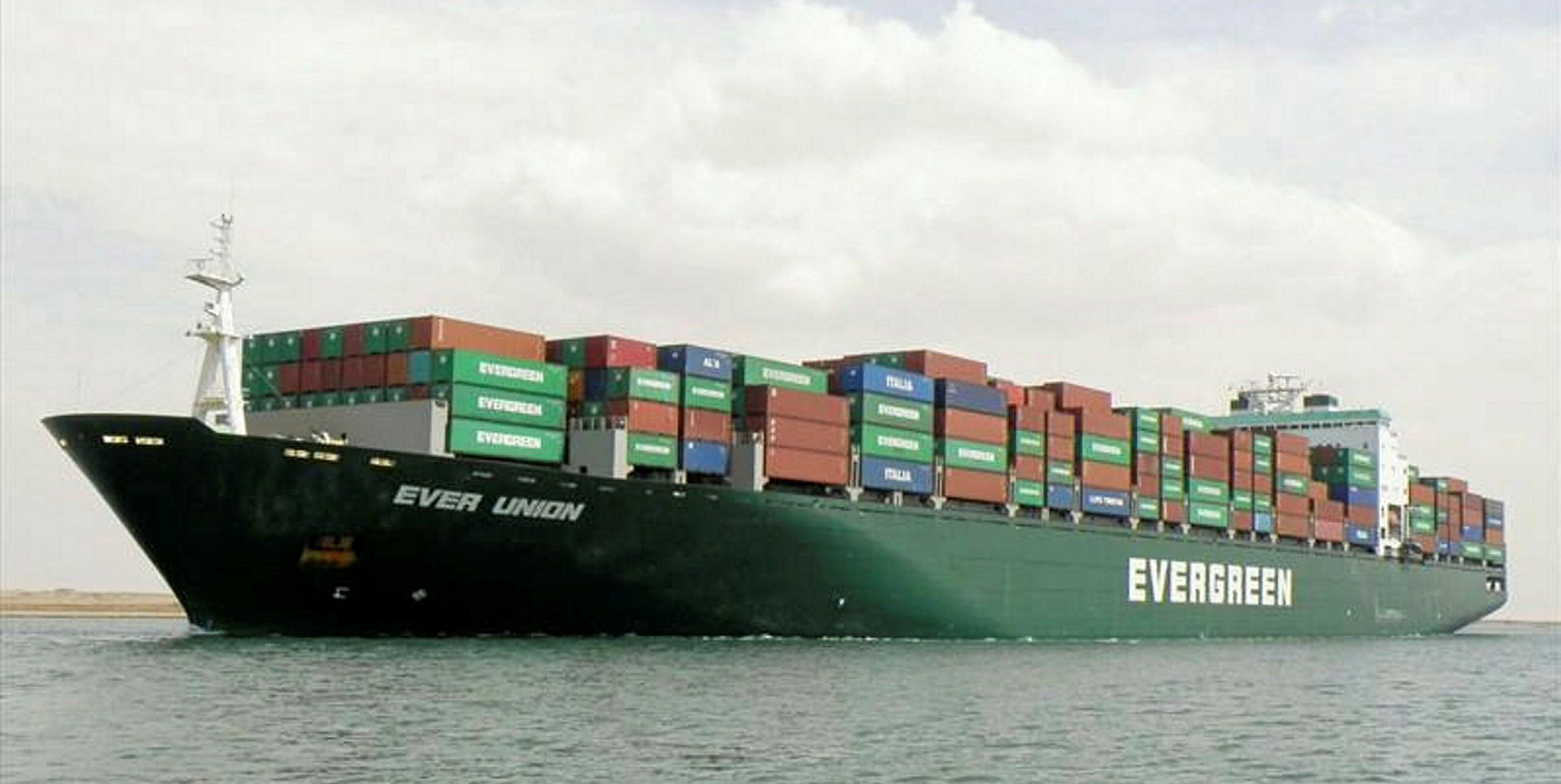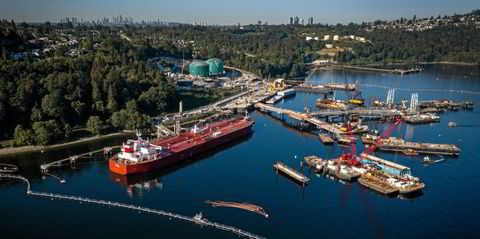Ship recycling environmental group NGO Shipbreaking Platform claims six out of 18 accidents at Bangladeshi shipbreakers this year happened at yards operated by Kabir Steel Re-Rolling Mills (KSRM).
The Brussels based group said workers Mohammad Bakul Pramanik and Ariful Islam Sujan both lost their lives at KSRM’s yards, and Mujidul Haque, Shalim and Md Rofiqul were seriously injured in separate accidents. Another worker Shahjahan suffered spinal injuries at one of the KSRM yards.
The accidents involved the dismantling of a number of ships, including the ore carrier Pioneer, formerly owned by Polaris Shipping, and the tanker Med, formerly owned by Singapore company Hin Leong Trading.
Another accident happened on the floating storage and offloading (FSO) vessel Ladinda, formerly owned by Indonesian shipping company EMP Malacca Strait SA.
The NGO Shipbreaking Platform said there were previously three accidents at Kabir yards in 2020 and five accidents in 2021.
The group said that there had been “repeated interventions” at Kabir yards by the Bangladesh Department of Inspection for Factories and Establishments, and the Ministry of Industries. It said that the yard had previously faced a four-month ban.
It said in 2018 financer Standard Chartered had come under the spotlight for issuing letters of credit to the yard and the group warned other financiers to be careful.
Utmost concern
“It should be of utmost concern to any financial institution claiming to take Environmental, Social and Governance (ESG) issues seriously to be associated with such appalling practices”, says Ingvild Jenssen, executive director of the NGO Shipbreaking Platform.
The Kabir Group has been contacted for comment.
The NGO Shipbreaking Platform also issued a warning over an increase in accidents caused during the dismantling of FSOs and floating production storage and offloading (FPSOs). It said there had been 10 accidents in Bangladesh involving such vessels.
“These vessels present additional risks for shipbreaking workers, mainly due to their complex design and the presence of highly toxic contaminants, including naturally occurring radioactive material and mercury,” the NGO Shipbreaking Platform said.






